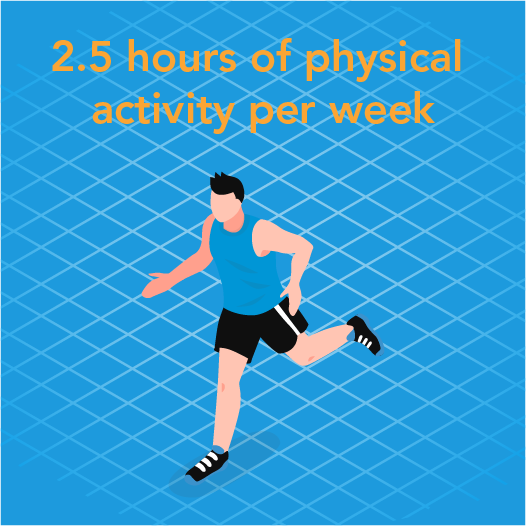
Let’s Get the Results You Want
Many weight loss surgery patients come to us with a big question: “How can I avoid weight regain after bariatric surgery?”
This is a great question and one that Team Roller is happy to walk you through. More times than not, people think that weight loss surgery is the “easy way out.” In reality, it is not a simple journey at all. The decision to do bariatric surgery is a great first step, but it does come with some challenges. The procedure itself can be overwhelming, but life after surgery can be an entirely different feat. The good news is that Team Roller knows exactly how to get you moving in the right direction, and we will help you do it safely, effectively, and comfortably.
Bariatric surgery helps patients lose weight for about 12-18 months. After their procedure, weight loss or maintenance is based on diet and exercise. Dieting does not mean undereating, and exercising does not entail hours and hours at the gym. There is an effective way to balance it all.
On this page, you will find four main reasons why individuals do not see the results they want after weight loss surgery and what you can do to prevent it from happening to you.
1. Weight Regain from a Lack of Exercise

Strong scientific evidence tells us that exercise is key to weight maintenance. It is recommended that you do 2.5 hours of physical activity per week. This means that even if you have a busy
schedule, there are plenty of chances to get your heart rate up and your muscles moving.
Exercise is essential to burn calories, increase your metabolic rate, get stronger, and even relieve stress. It’s also important to incorporate rest into your workout schedule so that your body has the chance to regain energy after your muscles and heart have been put to work!
2. Weight Regain from Eating Sugar
The bariatric diet is protein-focused. Protein is always eaten first, followed by non-starchy vegetables and carbs. Sugar is a carbohydrate, but implementing it into your diet won’t yield anything of value. Rather, it produces additional calories, fatigue, and unnecessary cravings.
What are those “sugary” drinks and foods you should look out for?
- Alcohol
- Dessert
- Certain energy drinks
- Juice
- Fruit
These are things that should be consumed in moderation and through doctor recommendations.
3. Weight Regain from “Grazing”

Snacking, also known as “grazing,” consists of eating small portions of food throughout the day, preventing you from ever feeling full. When you add up your snacks, the calories add up too.
This is hard to realize at times, so we recommend that you avoid “grazing” by planning larger meals. These will give you the nutrition you need and keep you fuller for longer periods of time.
It is recommended that you have three big meals or four to five smaller meals each day. These meals should consist of a good amount of protein given that protein feeds your muscles, can help with your metabolic rate, and gives you that “full and satisfied” feeling. Vegetables are also a great source of nutrition, so incorporating them into your diet is highly recommended. Carbohydrates should be eaten in the morning so that you have the rest of the day to burn them off.
Another important tip to keep in mind is drinking plenty of water, especially in between meals. This leads us to our fourth and final reason for weight regain and how to avoid it.
3. Weight Regain from Inconsistent Water Intake
We want you to drink your water, but it is recommended that bariatric patients refrain from drinking any kind of liquid 30 minutes before, during, or after meals. Picture your stomach as a funnel: when you eat, the food sits in the funnel. Once you pour some sort of fluid into the funnel, the food passes through it quickly and you don’t notice those “I’m full signals.” Those signals are what prevent you from overeating.
After bariatric surgery, you should drink 64-96 ounces of water each day. That’s roughly 8-12 cups. A way to give your water taste is to add essential oils or a low calorie (no more than 5) Crystal Light package. Carbonated water is not recommended.
Moving Forward From Here
Here at Roller Weight Loss, we recommend that you come to all regularly scheduled visits with your bariatric team. This will allow us to work together efficiently and effectively. We want to keep you on track, so if you feel like you aren’t doing your very best, let us know. We will work together to figure out why it is happening and how to fix the issue. From there, our team will continue to encourage you and keep you accountable.
The main goal of Roller Weight Loss is to get you to the healthiest version of yourself and KEEP you there!
Our dietitians are always available for questions, comments, or concerns. Feel free to contact us today!
By Bekah Sanchez, PA

